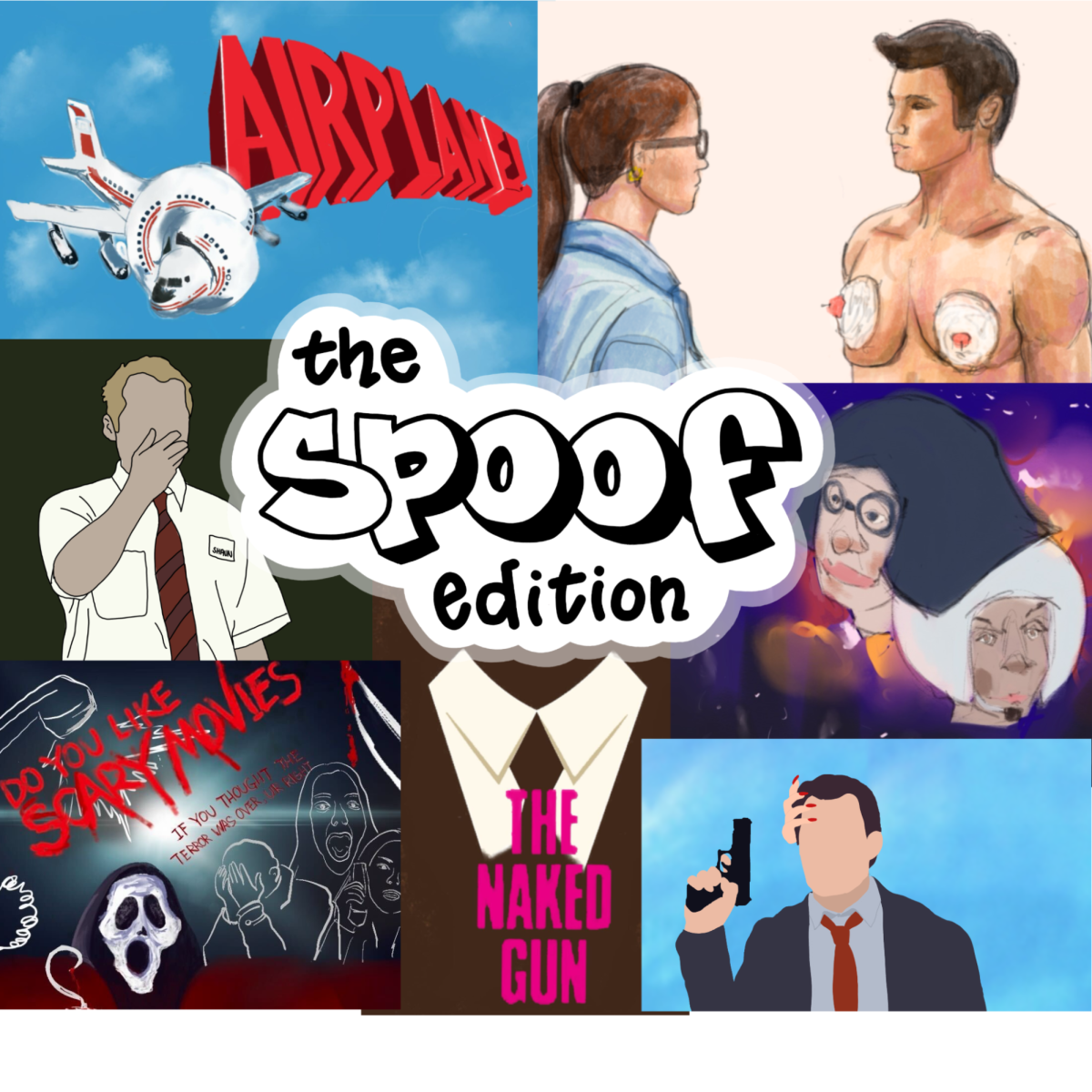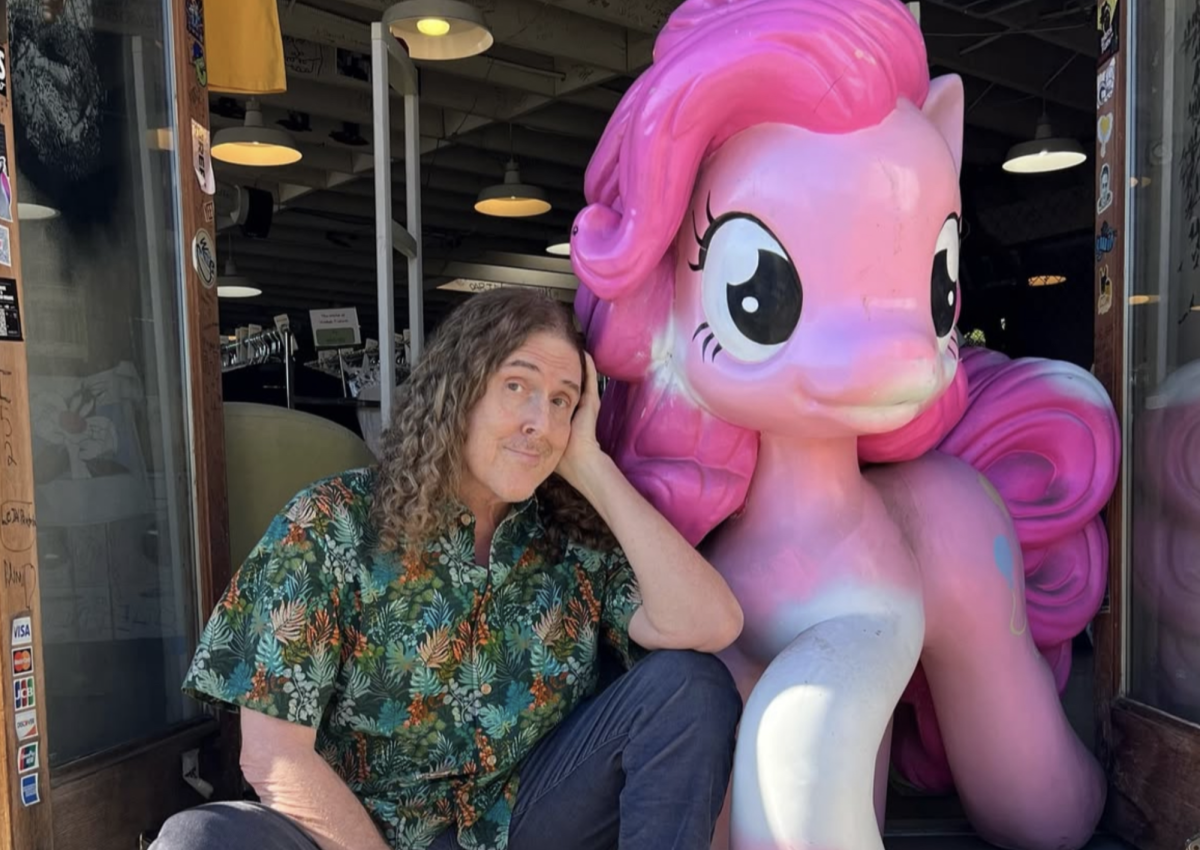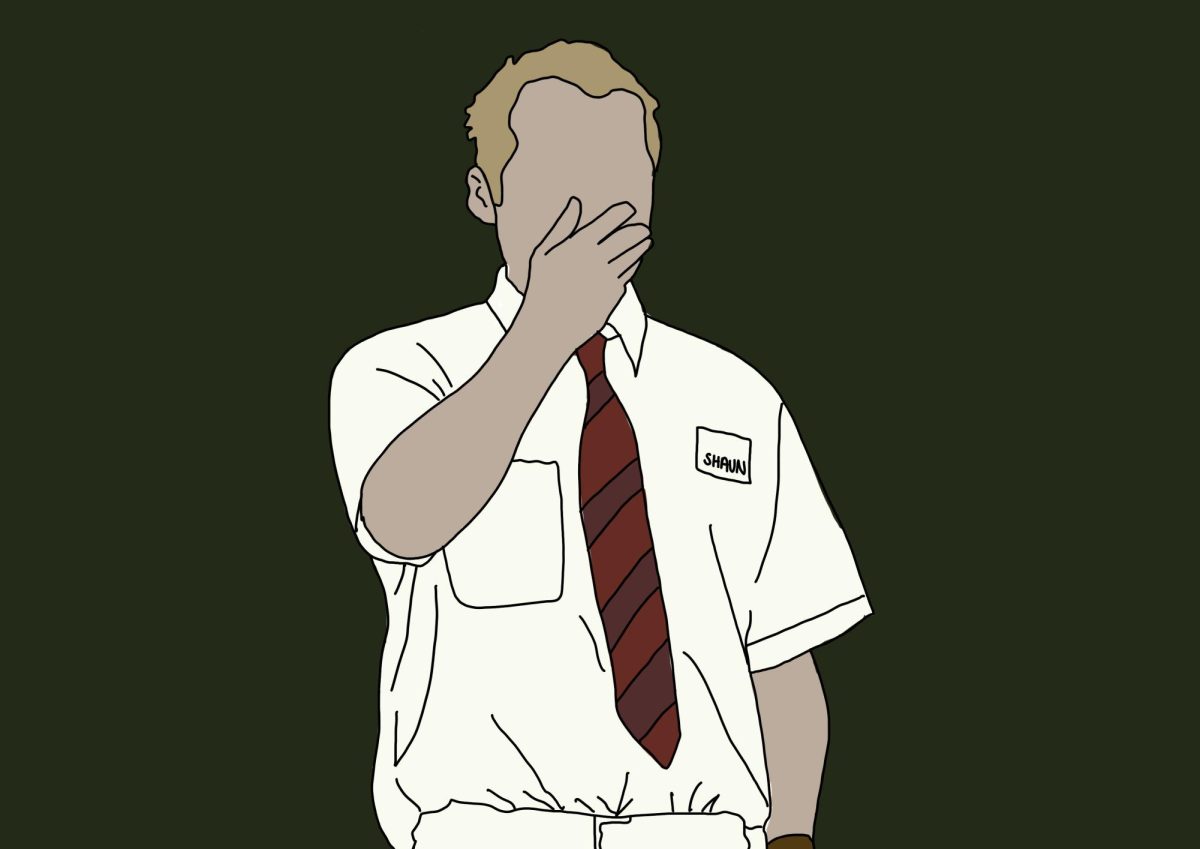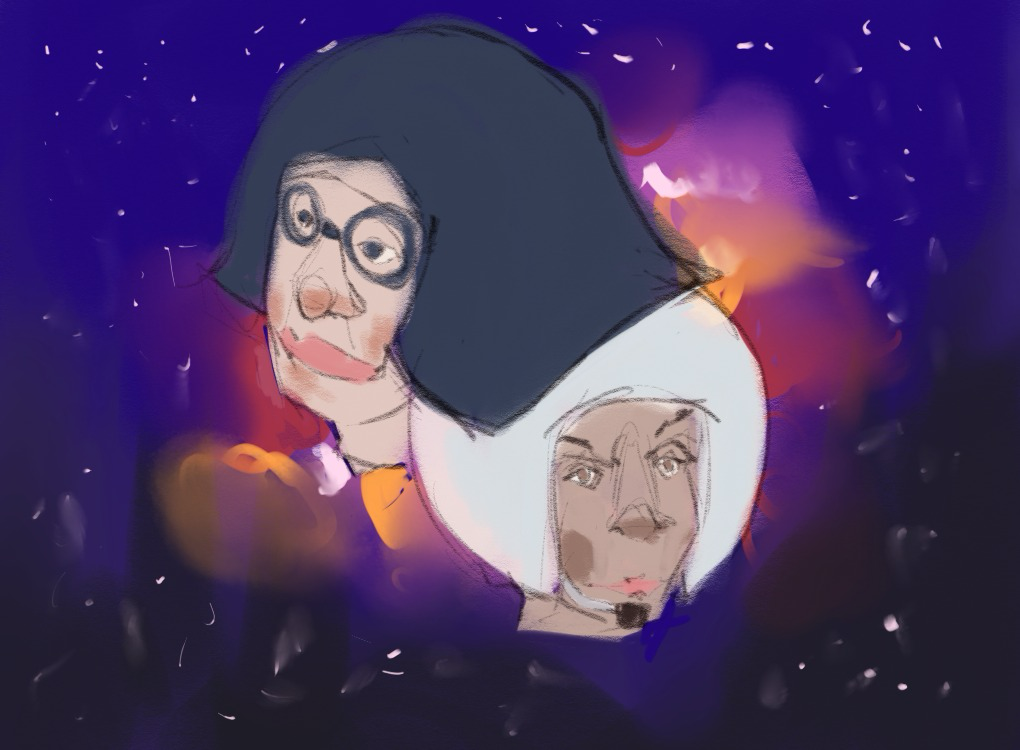
It’s not an exaggeration to say “The Office” has defined a generation of humor. Its traces are everywhere, from Kevin’s infamous chili spill to my overdone references to Dwight Schrute’s “identity theft is not a joke!” Following in those steps is daunting, but “The Paper” stumbles forward gleefully with such charm and heart that you can’t help but want it to fly.
Documented by the same crew who followed the Dunder Mifflin Paper Company twenty years ago, “The Paper” details the daily happenings of the Toledo Truth Teller, a near-dead newspaper that attempts a revival under newly hired and ambitious, yet naive, Editor-in-Chief Ned Sampson (Domhnall Gleeson). Under his charge, the staff slowly gains their own passion for journalism as they grow stronger together.
Created by Greg Daniels and Michael Koman, “The Paper” suffers from the initial dissonance that plagues the first seasons of Daniels’ previous works, “The Office” and “Parks and Recreation.” It takes a couple of episodes before the series finds its sort of sweetly awkward humor that’s more reminiscent of “Parks and Recreation” than “The Office.” The characters also become their best selves in the season’s latter half, when Travis Bienlien’s (Eric Rahill) initial empty-headedness transforms into a funny sweetness; his character becomes much more compelling than first impressions indicate.
It’s, in fact, the character ensemble of “The Paper” that makes the show so charming. Gleeson, an incredibly dramatic actor, is an equally strong comedic actor as Sampson. Awkward, yet sweetly charming, it’s his nervous babblings and stilted physicality (his run is one of the strangest things I have ever seen) that make some of the most hilarious moments of the show. Chelsea Frei is a wonderful straight-edge as Mare Pritti, a once hopeless journalist who regains her passion for reporting in the revived Truth Teller. Pritti feels the most unique to the show in her role as the grounding character amid the office’s chaos — her love for the craft clearly is genuine alongside her quirks and dry humor.
Another undeniable standout is Sabrina Impacciatore’s performance as Esmeralda Grand, whose name reflects the character’s very nature. Grand drives most of the action in the show as Sampson’s part-time nemesis, but as much as she schemes and manipulates, it has such a largely flamboyant touch that Grand is ultimately more endearing than annoying. On the other hand, Adam Cooper’s (Alex Edelman) appeal stems from his smaller bouts of absurdity, such as the pure curiosity in “is that a gang?” to Sampson’s reminder to “remember the five W’s.”
Some characters, though, left more to be desired. Such an example is Nicole Lee (Ramona Young), who has the potential to be a dynamic presence but falters due to the lack of character vision. Lee’s strong aversion to conflict defines her as she puts on a front of naivete to avoid being an active voice. This later contrasts with her vicious ability to manipulate situations to her own will. An example is in the episode “Matching Ponchos”: Lee becomes the face of an apology interview for Softees Toilet Paper — another company owned by the Truth Teller’s parent company, Enervate — thus gaining the approval of company head Marv Putnam (Allan Havey). Lee flips between these two feuding traits for much of the season, resulting in a partially confusing, yet somehow still interesting, character. These characters need more stitchwork to feel truly whole rather than a simple outline of a concept.
A common worry with reboots, spin-offs and remakes is that of meaningless fan-service in which references to the original content are made simply to emphasize the connection between the new and the original. However, “The Paper” manages to do so in a way that feels quite authentic to the universe they are creating. The biggest example is Oscar Martinez (Oscar Nunez), one of the major supporting characters in “The Office.” In the first episode, it’s revealed that Martinez has found a new life in Toledo as the Truth Teller’s accountant. Initially wary of the documentary crew, by the end of the season, Martinez becomes almost a mentor to the paper’s staff — a strong presence within the staff as its resident sudoku creator. There are other references to other “The Office” characters, including the short and sweet phone call between Martinez and Stanley Hudson, the puzzlemaster of “The Office,” about Martinez’s first published puzzle.
While “The Paper” is not immune to the struggles that come with finding a unique style, there is no denying that the series has the potential to become a new television staple. Within a short 10-episode season, I found myself caring for these characters as the narrative unfolded, wanting to continue on as soon as the episode ended. Sure, it’s no “The Office,” but it’s “The Paper,” and its pages are filled with a sweet, charming awkwardness that you just can’t seem to put down.









